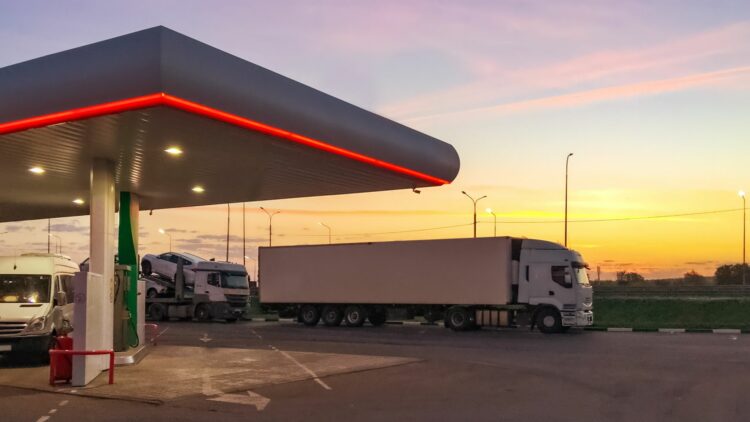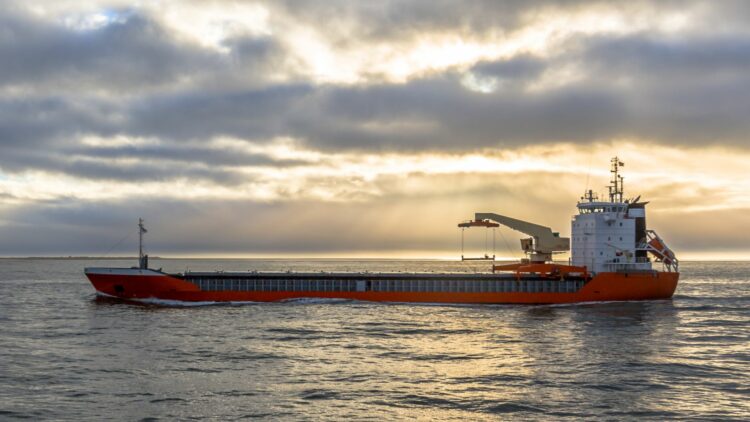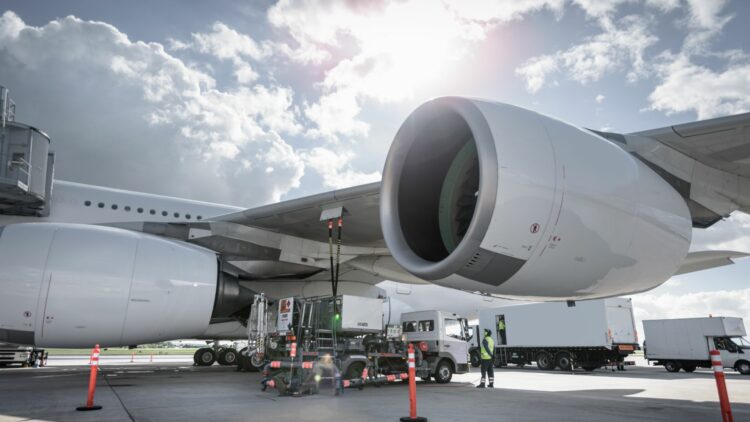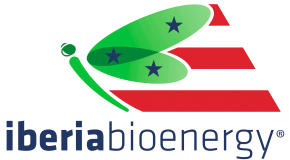Iberia Bioenergy trades only waste-based and advanced biofuels which offer a lifecycle greenhouse gas (GHG) emissions reduction of up to 90% compared to fossil fuels. We provide our clients with the stability and security they need to plan for the future and achieve their GHG reduction targets. Our broad activity makes us key agents in the collective endeavor of decarbonization.

Waste-based biodiesel reduces overall environmental pollution by lowering GHG emissions and carbon dioxide (CO2) emissions.
Moreover, through this valorization process we prevent used cooking oil, animal fats, and other waste oils from polluting the environment by taking up space in landfills, clogging drains that increases the costs of maintaining drainage & water treatment networks, and/or are reused in unsuitable ways causing serious health issues.

Biodiesel and Renewable fuel for the Road Transport Sector
Biofuel is a biomass-based fuel rather than a fossil-based one. Unlike conventional biofuels produced from food crops grown on arable land, second-generation waste biofuels are primarily produced from waste oils, animal fats, agricultural residues and other wastes and residues. Due to its lack of cultivation greenhouse and ILUC impact, waste-based biofuels offer a lifecycle greenhouse gas (GHG) emissions reduction of up to 90% compared to fossil fuels.
In addition, waste and advanced based biodiesel enhances the performance of engines as this finished product contains higher cetane than petroleum diesel and provides a higher level of lubricity to the engine.

Biofuel suitables for road transport sector and trades by Iberia Bioenergy.
- HVO or Hydrogenated Vegetal oil
- Class II – based on UCO/ POME feedstocks
- Waste & Residues based Biodiesel :
- UCOME or Used Cooking Oil Methyl Ester
- BGME or Brown Grase Methyl Ester
- POMEME or Palm Oil Mill Effluent Methyl Ester
- TME or Tallow Methyl Ester
- FAME or Fatty Acid methyl Ester.

Low carbon intensity fuels for the Marine sector
The FuelEU Maritime regulation is one of the proposals that seeks to steer the EU maritime sector towards decarbonisation.
This proposal has been designed to accelerate the maritime industry’s decarbonisation through the adoption of renewable and low-carbon fuels and technologies, by applying goal-based reduction of Greenhouse Gas (GHG) energy intensity.
While there is an immediate and imperative need for research, development and deployment of alternative marine fuels, the obstacles are numerous: from lack of regulatory enforcement and incentives to technological and feedstock availability limitations.
Biofuels have very low sulphur levels as well as low CO2 emissions. These characteristics make them a technically viable solution to low-sulphur fuels standards such as VLSFO or ULSFO.

Iberia Bioenergy cooperates with strategic partners in the research and development of the tailor-made solutions that the industry requires.

Biofuel suitables for marine transport sector and trades by Iberia Bioenergy
- HVO or Hydrogenated Vegetal oil
- Class II – based on UCO/ POME feedstocks
- Waste & Residues based Biodiesel :
- UCOME or Used Cooking Oil Methyl Ester
- BGME or Brown Grase Methyl Ester
- POMEME or Palm Oil Mill Effluent Methyl Ester
- TME or Tallow Methyl Ester
- FAME or Fatty Acid methyl Ester.
- Straight Burning Vegetal Oils:
- Cashew Nut Shell Oil
- Used Cooking Oil

SAF and the Aviation Sector
The “Fit for 55” package also looks at potential changes for the the aviation sector such as the revision of the EU Greenhouse Gas Emissions Trading System, the ReFuelEU Aviation proposal and, the revision of the Energy Taxation Directive introducing tax on fuel for business and leisure flights.
In October 2016, the member states of the International Civil Aviation Organization made the historic decision to adopt a global market-based measure for aviation emissions.
This scheme, known as CORSIA (Carbon Offsetting and Reduction Scheme for International Aviation) has the goal to help aviation towards its mid-term goal of carbon-neutral growth from 2020 onwards. It is forecasted that CORSIA will mitigate around 2,5 billion tonnes of CO2 between 2021 and 2035.
CORSIA is an offsetting scheme through which airlines and other aircraft operators will offset any growth in CO2 emissions above 2020 levels.
This allows the stabilization of aviation’s net CO2 emissions, while other emissions reduction measures, such as new technology, sustainable aviation fuel implementation, operations and infrastructure modifications, are achieved.
Another option to reduce an airplane operator’s offsetting obligations is the use of CORSIA Eligible Fuels (CEF): sustainable aviation fuel (SAF) or lower carbon aviation fuels (LCAF).
The implementation of other technologies such as electrification and fuel cells are currently not feasible and years away from large-scale application.
Therefore, sustainable aviation fuels are increasingly recognized as a central pillar of climate strategies by key stakeholders of the aviation industry from airlines and corporate customers to governments.
- Sustainable aviation fuels (SAF) are renewable or waste-based aviation fuels which play a key role in the necessary task of emission reduction. This can then be mixed with
- Lower carbon aviation fuels (LCAF), a fossil-based aviation fuel that fea- tures a smaller carbon footprint than conventional kerosene and meets the CORSIA Sustainability Criteria.

Sustainable aviation fuels trades by Iberia Bioenergy
- HEFA or Hydroprocessed Esters and fatty acids

Iberia Bioenergy cooperates with strategic partners in the development of the tailor-made solutions that the industry requires and pursues compliance with the sustainability schemes for this market such as ISCC CORSIA certification.




